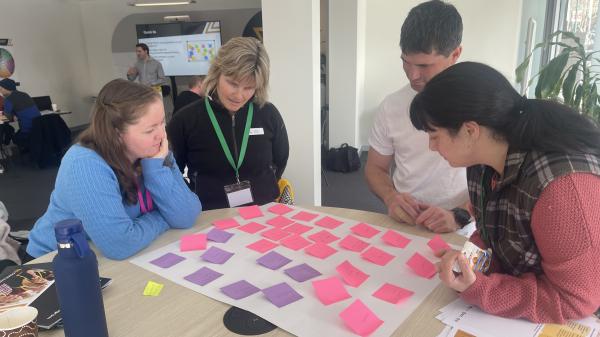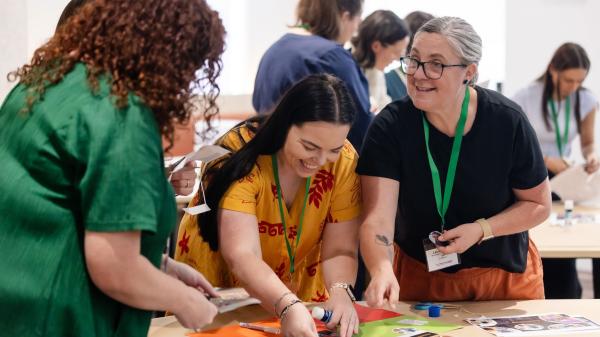10 Apr 2025
Reflecting on the complexities of teaching


With Term 1 now behind us in Victorian schools, I’ve been thinking a lot about the complexity of teaching and the significant energy and expertise required to be an effective teacher.
Conversations throughout the term demonstrate to me that teachers remain as committed as ever to providing the best outcomes for their students. This is remarkable and admirable.
Teaching skills and demands were examined by the Organisation for Economic Co-operation and Development in a recently released report entitled Unlocking High-Quality Teaching. It examines the complexities of teaching, and leading teaching, in schools. The report also contains advice for school leaders about empowering high-quality teaching.
Complexities of teaching – report findings
The report notes the multifaceted nature of teaching, grounded in scientific research, but also an art, requiring creativity, and a craft, necessitating constant reflection and improvement.
It draws from extensive research to delineate what we already know – but importantly, also what we don’t yet know – about each of these facets of teaching. The report points out that while we know a lot in theory about what can effectively improve student outcomes, the challenge lies in applying knowledge and understandings in the complexity and reality of classrooms.
As the report says:
“Teaching is inherently complex. Teachers need to navigate the complexity of …sometimes chaotic realities of classrooms, where students have diverse needs and abilities, resources are limited, time is constrained, and numerous day-to-day challenges arise. They need a deep understanding of both content and pedagogical strategies informed by research, but also adaptability, creativity, and responsiveness. Teaching is a science, but so too an art and craft.” (p. 8).
Part of the complexity and difficulty of teaching stems from its unpredictability. In contrast to simplistic notions of what effective teaching practice means – found in popular culture and the minds of non-experts – it hinges on the dynamic interactions between the teacher and students. As the report points out, even with extensive planning, teachers cannot anticipate how these interactions will unfold in the multiple moments in a classroom each day, no matter their level of experience or skill. Teachers must have and enact significant flexibility and adaptiveness, make decisions ‘on-the-run’ in the micro-moments of the classroom, with little time for deliberation. These decisions are contingent on the context and learning that is unfolding in the classroom at the time – and no amount of research or prescription about what practices should be used, can adequately address this uncertainty.

Empowering high-quality teaching – report advice
The report also contains advice for school leaders about empowering high-quality teaching. This includes understanding the complexity of teaching and the individual needs of teachers. Professional learning has a central place, of course, as does collaborative learning with other teachers. Recognising the influence of the school environment, including school policies, leadership, and available resources on teaching practice, and fostering a culture where teachers feel supported and empowered are also recommended.

While complex, teaching is also an incredibly rewarding profession. As a former teacher, a mother of 2 sons who benefited enormously from the wealth of knowledge, patience and care from their teachers over the years, and as the CEO of an organisation who works with highly skilled teachers and school leaders across the Victorian education system, I also see the value and joy teachers get from their careers. Along with everyone here at the Academy, I commend Victorian teachers and school leaders and thank them for all they are doing to continuously improve education for the 1.3 million children and young people at schools across our state.
Dr Marcia Devlin AM is the CEO of the Victorian Academy of Teaching and Leadership
Reference
OECD (2025), Unlocking High-Quality Teaching, OECD Publishing, Paris, https://doi.org/10.1787/f5b82176-en.







